It’s estimated to be a half-billion-pound industry in England, but all is not well in the world of teachers’ professional development, warns Gareth Conyard.
The experienced civil servant-turned Teacher Development Trust CEO worries schools too often feel they have little choice but to adopt a one-size-fits-all approach, and many teachers are not confident the CPD they receive is effective and boosts outcomes.
When we meet in a bustling coffee shop near London Bridge, the impressively bearded Conyard warns of a “gap between what leaders think professional development is achieving, and what teachers think it is achieving”.
Part of the issue is that schools struggle to find the time to make informed decisions about the CPD teachers should be doing, he says.
An upcoming TDT report includes an alarming example – a substantial proportion of teachers are using a simple Google search to find CPD courses rather than seeking specialist advice (such as via their teaching school hub or MAT CPD lead) to make context-specific choices.
‘The teaching of teachers should be its own discipline’
Too often, says Conyard, good intent does not translate into the best approach.
“We just assume that because someone’s a teacher, they could lead a CPD session for other teachers. But that takes specific skills and knowledge and it is a lot to ask a teacher to do – being an excellent Year 3 teacher doesn’t mean you’re automatically good at training other teachers.
“The teaching of teachers’ should be established as a discipline in its own right”, he says.
“Pedagogy” covers the teaching of children, says Conyard, so shouldn’t we have a “gogy” for the teaching of teachers?

Conyard lives in Hither Green, south east London, with his wife, their two children and cocker spaniel Jed Barklet (named after Martin Sheen’s character in The West Wing).
He enjoys walks, birdwatching, knitting, cooking, and is passionate about history.
He also has more experience than most of the inner-workings of education policy, having spent two decades as a civil servant at the Department for Education, and having written a book about it with fellow education policy expert Nansi Ellis.
Born and raised in Kent, Conyard studied history at the University of Warwick before moving to London in 2002 to join the civil service.
‘A permission to speak differently’
In 2015, he was placed in charge of managing the department’s relationship with teaching unions, a “wonderful” job and perhaps his favourite to date.
“There’s a permission to speak slightly differently with ministers in that circumstance,” he chuckles over his coffee.

Conyard with his family in Venice
“You could sit in a room and say to Nick Gibb ‘that’s an awful idea – that’s the worst thing anyone could ever do and you’re an idiot for thinking that. Not my words minister… just what Mary Bousted’s going to say tomorrow at the ATL conference.’”
The role gave him a behind-the-scenes glimpse at discussions between government and unions, and he enjoyed observing the “presentational politics”.
“[There were] lots of occasions where we’d have really good, constructive meetings… and then the next day a minister would be in the press calling them a bunch of Neanderthal knuckle-draggers. And the unions would say that ministers wanted to murder children and stuff.
“But it was good to do the nuts and bolts of actually making things better… realising we could find a constructive way forward.”
‘This is a brilliant policy problem’
Conyard’s focus on teacher development began in 2017, when Justine Greening became secretary of state.
He was at the DfE for the introduction of the early career framework and through the reform of national professional qualifications.
He left in 2022 to join the TDT as director of education, then became co-CEO with founder David Weston. He took sole charge of the charity earlier this year.

The question of how to improve CPD still weighs heavily on Conyard in his current role. A more coordinated approach is needed, he says.
“People talk about ‘wicked’ policy problems. This is a brilliant policy problem.
“Because you can probably, through some really clever thinking and very little actual investment, make really significant improvements to school performance and pupil outcomes.”
Conyard says he would like to see the government “convening conversations” around improving CPD, and “provid[ing] some guidance and structures and maybe some statutory basis for some of it”.
‘No realistic prospect of entitlement soon’
The TDT’s upcoming report is a major “state of the nation” look at CPD, including YouGov polling and analysis of spending. The charity will release the document at its annual conference next month.
“It’s an attempt to try and get together in one place, a comprehensive look at what’s actually happening in this space,” explains Conyard.
It comes at what should be an exciting time for teachers’ professional development.
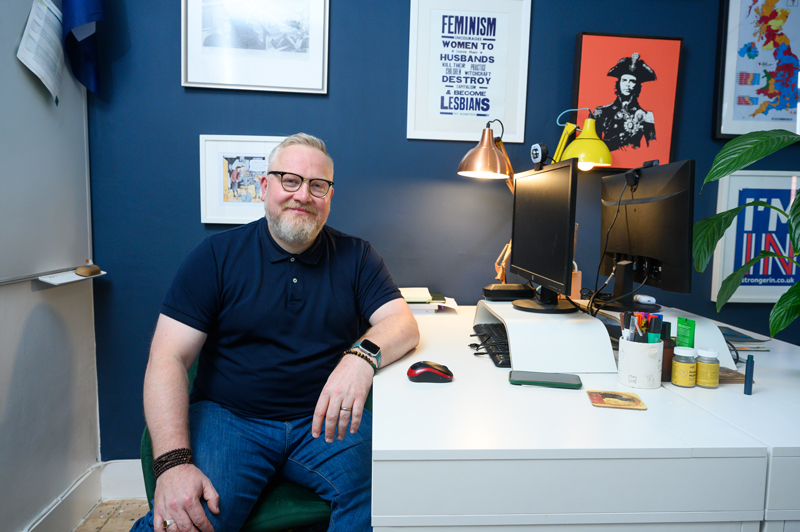
During last year’s election campaign, Labour pledged it would introduce a teacher training entitlement for continuous CPD and ensure teachers stay up-to-date.
But more than a year from the election, there has been no further word on this.
Conyard believes there is “no realistic prospect of this being taken forward anytime soon”, given the tight fiscal situation.
“I’m not sure even I would say it’s the priority, when you look at funding needs for SEND and other issues in the system,” he adds.
‘I worry investment wouldn’t be well spent’
But he believes there is much the government and sector could be doing to think about CPD differently, which wouldn’t necessarily need more funding.
Conyard estimates “north of half-a-billion pounds” is already spent annually in England on teacher development by schools, INSET provision, and government investment in NPQs and the early career framework.
This, he reasons, is already akin to an entitlement in all but name.
But the issue is how this money is being spent.
“Even if Labour were to announce hundreds of millions of pounds to be spent on entitlement, I’d really worry that it wouldn’t be spent well,” he says. “Because there are some things in the system that just feel too confused.”
There is also a bigger question facing the education workforce. Conyard says the profession needs to decide “what it actually means to work in education”.

“Right now the things that we are asking schools to do, do not match the structures or the funding or demands that are placed on the workforce.
“People often talk about schools being the front line of social care… and I’m sort of ambivalent about this being a good thing or a bad thing. It could be positive in all kinds of ways.”
But Conyard says if this is expected of the profession, it must be properly supported. “[Otherwise], you end up with a system that’s just not resourced or structured to respond. At worst, it feels like a kind of gaslighting.”
‘A broader understanding is needed’
Conyard acknowledges the “difficult place” government and unions are in, but says “broader understanding of the system” is needed, and he cautions against a sole focus on teacher pay.
This year’s STRB report estimated teachers’ earnings in 2023-24 were 18.2 per cent below their level in 2010-11 in real terms (not taking account of last year’s 5.5 per cent pay rise).
Unions have repeatedly called for teacher salaries to be raised to 2010 levels. But Conyard says this “still wouldn’t solve the issue”.

Conyard as Henry VIII for his 40th birthday
“Because the job is not what people understand it to be, not until we talk about it honestly.
“The conversation around pay or bursaries or supplements of particular subjects ends up feeling like a conversation which is about bribing someone to do something crappy, rather than saying ‘actually, we should make this a really good job’.”
To this end, Conyard wants to see the “professionalism of teachers” bolstered.
“We don’t have a fully professional teaching workforce,” he says, arguing some hallmarks one might expect from a profession “aren’t present in teaching”.
“Architects don’t get governments to tell them what the standards are around being an architect. Surgeons don’t ask Wes Streeting how to perform appendectomies. But teachers are reliant on the state for so many things.
“What we’ve seen increasingly over the last 40 years or more, is an attempt to centralise control over the profession in the name of driving up standards… but at the cost of saying this profession isn’t really a profession anymore.”
‘Teachers must not be treated like robots’
Conyard uses the example of “highly prescribed” CPD, and refers to the early career framework and national professional qualifications.
TDT has stopped delivering NPQs, partly because it felt the content “wasn’t aligning with what people need”. He welcomes the government’s review of the qualifications.
Conyard says teachers must not be treated “like robots, to learn stuff and then regurgitate it”.
Instead they should be given “the curiosity and the judgment they need to make good decisions.”
“And that’s a bigger prize for me, because that means that when they’re alone for the 90 per cent of the time, you have more faith that they will be making effective decisions.
“That just looks like a much happier place for us all to get to.”


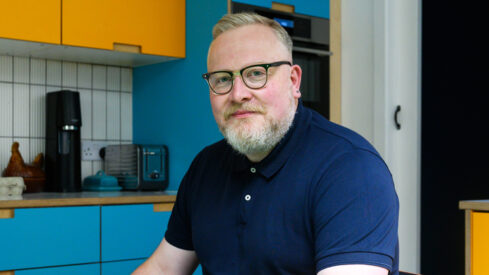





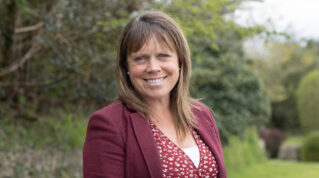
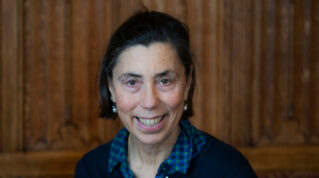
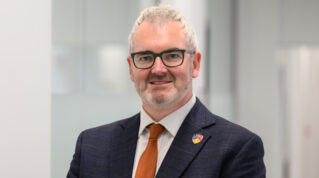



Your thoughts